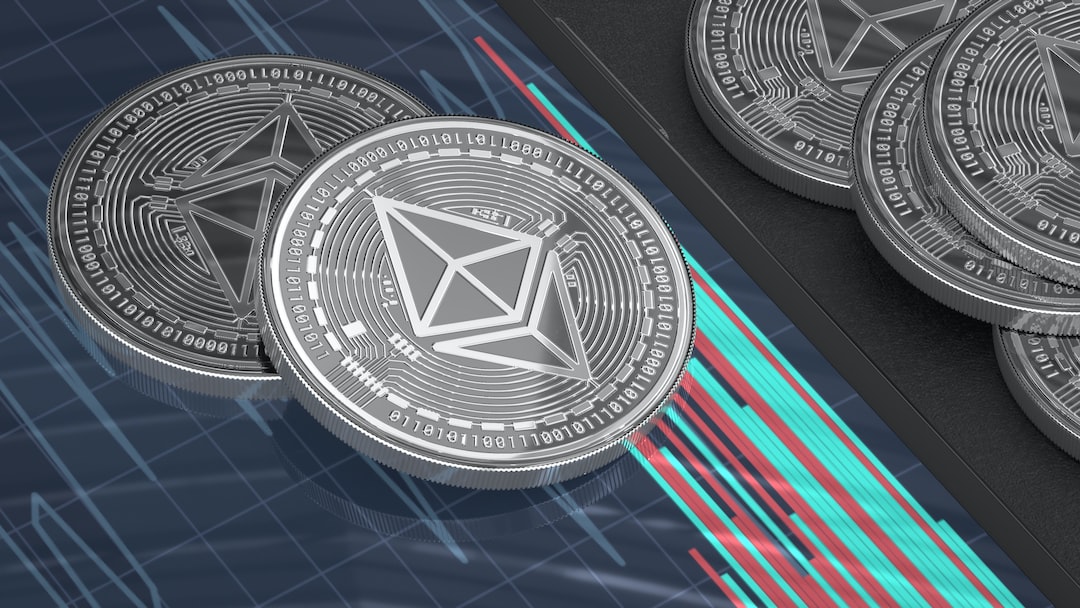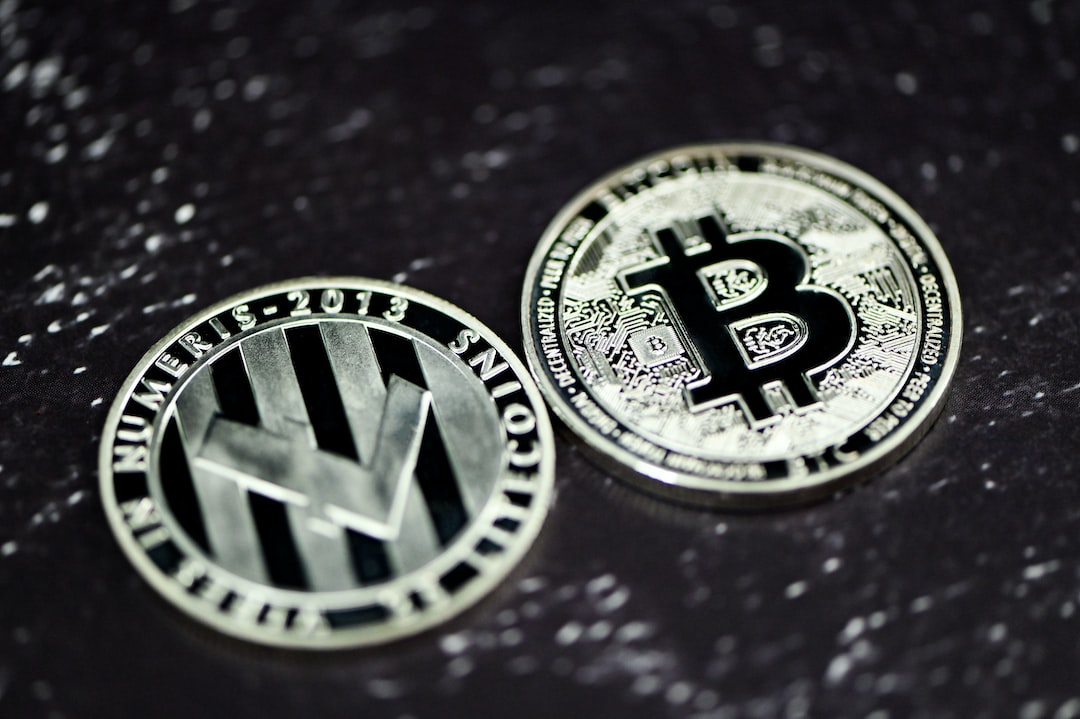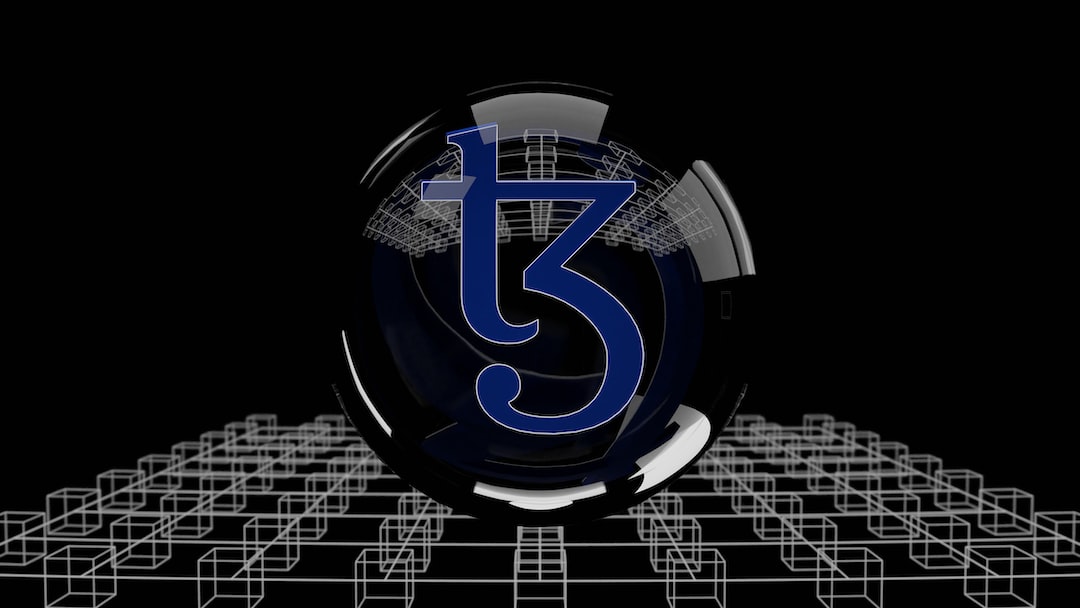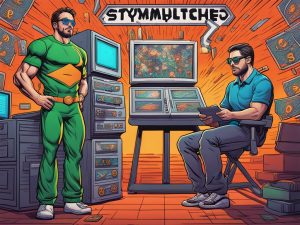The U.S. Department of Justice Seeks to Exclude Evidence in FTX Founder’s Trial
In the ongoing trial against Sam Bankman-Fried, the founder of cryptocurrency exchange FTX, the U.S. Department of Justice (DOJ) has requested the exclusion of evidence related to the current value of certain investments made by the defendant. This includes a $500 million investment in artificial intelligence (AI) company Anthropic. The DOJ argues that such evidence is irrelevant to the case and could potentially prejudice the jury or cause confusion.
Anthropic’s Fundraising Efforts
Anthropic, founded by former OpenAI VP Dario Amodei, recently raised $580 million in its Series B round. Bankman-Fried led the funding round, with other investors including FTX’s former head of engineering and former Alameda Research CEO. Anthropic is a major competitor to OpenAI in generative AI and its flagship model is Claude 2, a chatbot with advanced capabilities. The company has also secured investments from SK Telecom, Amazon, Google, Salesforce Ventures, and Zoom Ventures.
The DOJ’s Argument
The DOJ filing states that while Anthropic’s fundraising efforts aim to value the company between $20 billion and $30 billion, public reporting suggests that this valuation could increase the value of Bankman-Fried’s investment. However, the DOJ argues that evidence regarding the current value of the Anthropic investment is irrelevant to the case. The indictment against Bankman-Fried alleges wire fraud related to misappropriation of FTX customer deposits, and whether some investments were profitable is immaterial.
Hot Take: Exclusion of Evidence Raises Questions About Relevance
The U.S. Department of Justice’s request to exclude evidence related to Sam Bankman-Fried’s investments in Anthropic raises questions about its relevance to the case. While the DOJ argues that the evidence is irrelevant and could prejudice the jury, others may argue that it is crucial to understanding Bankman-Fried’s financial motivations and potential impact on FTX customers and creditors. As the trial continues, it will be interesting to see how this exclusion of evidence may influence the outcome and public perception of the case.





 By
By

 By
By
 By
By

 By
By